- Flat 2, "Merill Court "Fuxa Street 1308 San Ġwann, Malta
On October 11, 2024, the Federal Aviation Administration (FAA) issued Advisory Circular (AC) 3-1, a critical update aimed at improving communication with individuals holding foreign addresses who are involved in aviation-related certifications. Whether you’re a pilot, aircraft owner, A&P mechanic, or aspiring certificate holder, this regulation marks an important step in ensuring efficient and timely service of FAA documents
What Is Advisory Circular 3-1?
Advisory Circular 3-1 provides guidance on how individuals with foreign addresses and no U.S. physical address can comply with sections 3.301 through 3.303 of Title 14 of the Code of Federal Regulations (14 CFR). In essence, these individuals are required to designate a U.S. agent for service, a representative responsible for receiving FAA documents on their behalf.
This requirement is particularly relevant for anyone applying for or holding certificates, ratings, or authorizations under parts 47, 61, 63, 65, 67, or 107 of the FAA regulations. This includes holders of A&P licenses (Airframe and Powerplant mechanics) under Part 65, making this regulation essential for maintaining compliance.
Who Needs a U.S. Agent for Service?
If you meet the following criteria, you are required to designate a U.S. agent:
1. You have a foreign address on file with the FAA.
2. You lack a U.S. physical address of record.
3. You hold or are applying for FAA certificates or authorizations, including:
– Pilot certificates
– Aircraft registration
– Drone operator credentials under Part 107
– A&P mechanic licenses under Part 65
– Air traffic controller licenses
– Aviation medical certificates
If you meet all three criteria, designating a U.S. agent is not optional—it’s mandatory.
The Role of the U.S. Agent
Your designated U.S. agent serves as a bridge between you and the FAA. Their primary responsibilities include:
– Receiving FAA documents on your behalf: These may include enforcement letters, reexamination notices, medical certificate decisions, or even time-sensitive safety advisories.
– Promptly transmitting documents to you: The agent must ensure you receive critical communications, such as appeals or compliance deadlines, without delay. To fulfill these responsibilities, the U.S. agent must have:
– A valid U.S. physical address (P.O. boxes are not allowed).
– The capability to promptly forward documents via agreed-upon methods such as email, fax, or expedited mail.
The Process: Designating Your U.S. Agent
The FAA has streamlined the process through its new U.S. Agent for Service System (USAS), an online platform where individuals can manage their agent designations. Here’s how it works:
1. Log into the USAS system at https://usas.faa.gov.
2. Provide the following information about your U.S. agent: – Full name and type (individual or entity). – Physical address and email. – Optional: Phone and fax numbers.
3. Certify that your agent has agreed to act on your behalf.
You must also provide your own identifying details, such as your certificate number, date of birth, or aircraft registration information. For A&P mechanics, this includes information associated with your Part 65 license.
Why This Matters: Consequences of Non-Compliance
Failing to designate a U.S. agent can have serious repercussions:
- For certificate holders: If you fail to comply within nine months of the rule’s implementation, you will lose the ability to exercise the privileges associated with your certificates, including the A&P license.
- For applicants: Your application for FAA certificates, ratings, or authorizations will be denied unless a U.S. agent is designated at the time of application.
- The FAA emphasizes the importance of selecting a trustworthy and reliable agent, as they are your lifeline for receiving critical FAA communications.
A Win-Win for Safety and Efficiency
Advisory Circular 3-1 is more than a regulatory requirement—it’s a necessary adaptation to a globalized aviation landscape. By mandating U.S. agents for service, the FAA ensures that foreign-based applicants and certificate holders—including A&P mechanics—remain informed and compliant with aviation safety standards. In turn, this reduces delays, cuts costs, and strengthens safety oversight.
For aviation professionals, staying compliant with AC 3-1 is not just about avoiding penalties; it’s about embracing a streamlined, modern approach to regulatory communication.
Stay Ahead of the Curve
Are you affected by these new requirements? Visit the FAA’s website to explore AC 3-1 and access the USAS system. Don’t wait until the deadline—secure your U.S. agent today and continue flying high with peace of mind.



